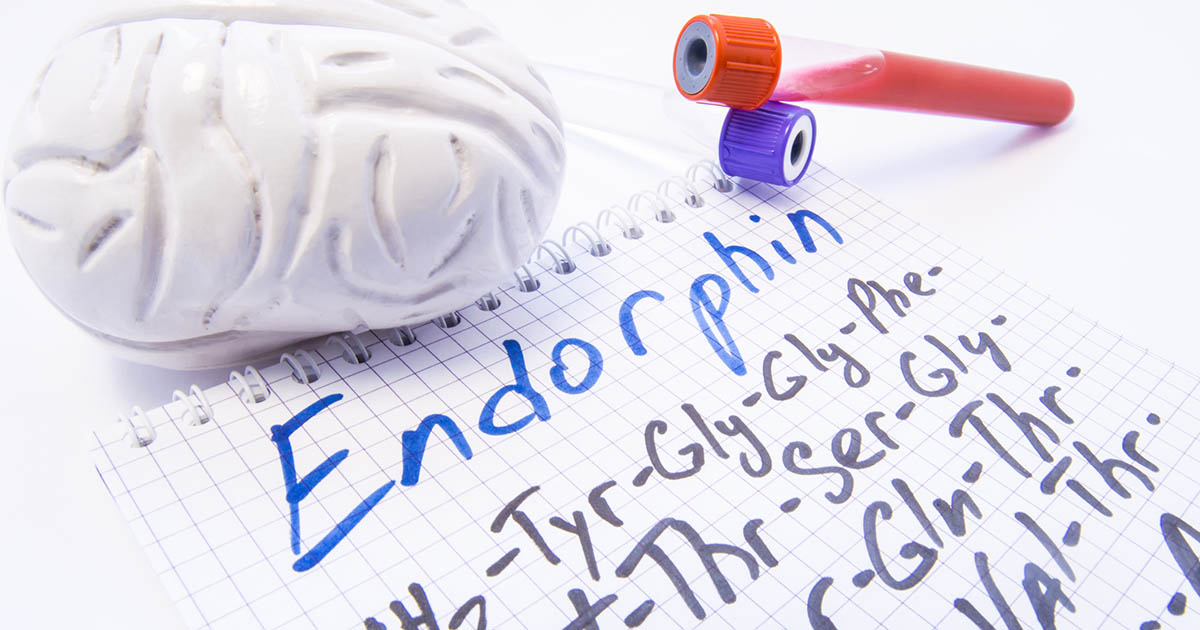Causes Of Congenital Insensitivity To Pain
Congenital insensitivity to pain is a very rare disorder that prevents an individual from feeling pain. While individuals born with this disorder can discern the difference between feelings of hot and cold and pressure and lightness of touch, they cannot tell when this has caused an injury. Congenital insensitivity to pain can be dangerous as the individual can become grievously injured and due to the absence of pain, may be unaware of their injury or how severe it is. As such, the life expectancy is lower for those with the disorder. Get to know the causes of congenital insensitivity to pain now.
Increased Production Of Endorphins

Endorphins are a group of hormones produced in the brain that are responsible for the feelings of satisfaction, excitement, and pleasure. Endorphins also act as an analgesic or pain reliever due to the fact they interact with the opiate receptors in the brain. Researchers believe one reason individuals with congenital insensitivity to pain do not feel pain is due to an insurgence of endorphins to the brain. While individuals without the disorder may have a have increased production of endorphins in response to external (seeing something beautiful) or internal (feeling stress) processes, research indicates individuals with congenital insensitivity to pain may have not only a consistent production of endorphins, but also increased secretion of the hormone.
Get to know the next cause of this condition now.
Gene Mutation

The primary cause for congenital insensitivity to pain is a mutation in the SCN9A gene, which controls one aspect of the sodium channel called NaV1.7. This channel is responsible for carrying sodium ions to different cells and helping those cells to create and transmit electrical signals. The NaV1.7 sodium channels are located in nociceptors (nerve cells), which are responsible for the transmission of pain signals to the brain. With the mutation of the SCN9A gene, the NV1.7 channel cannot be formed and therefore blocks the signal of pain from the injury from being transmitted to the brain. In other words, the mutation acts as a barricade, preventing crucial information from the injury site to be transmitted and processed by the brain as pain.
Learn more about the causes of congenital insensitivity to pain now.
